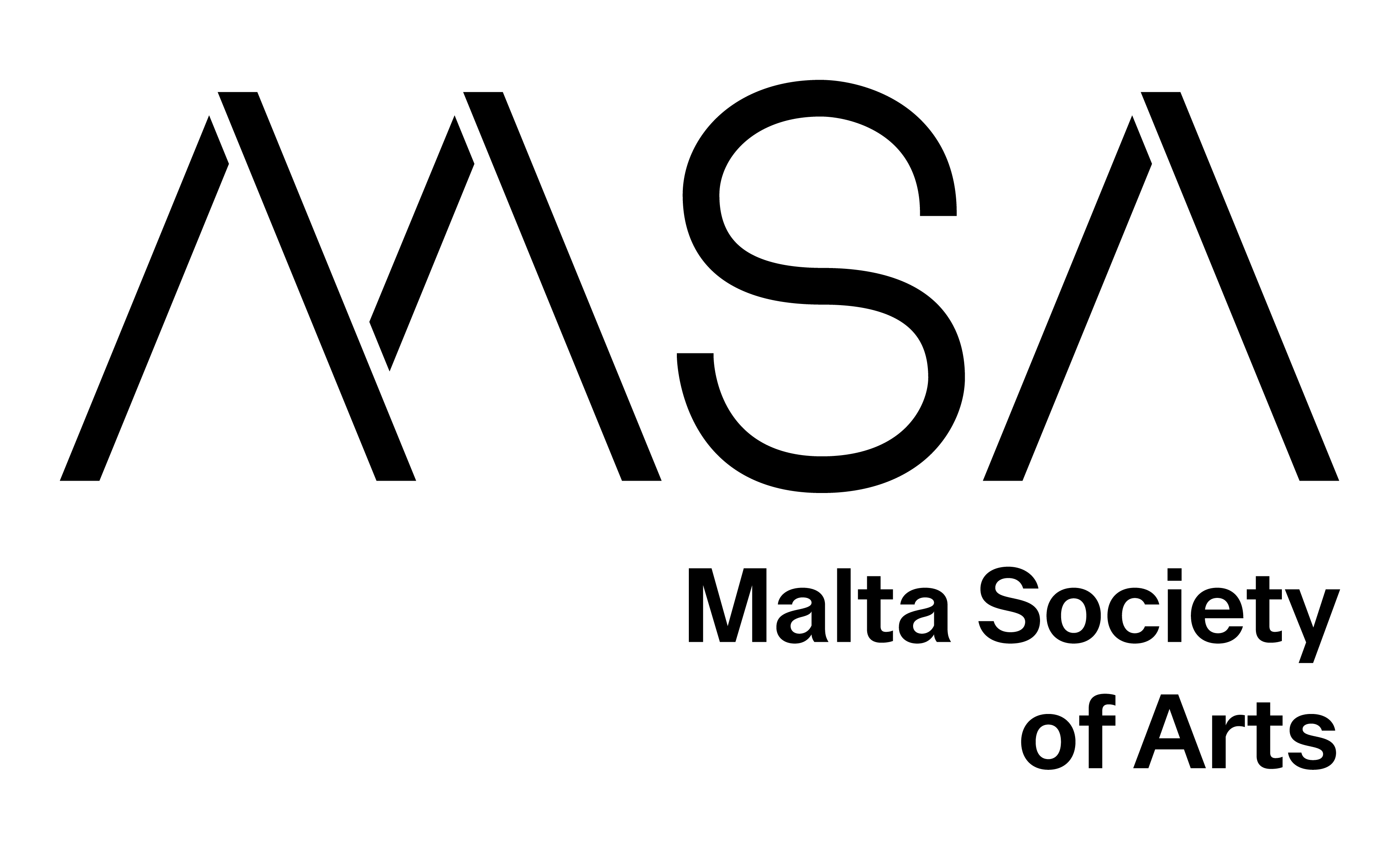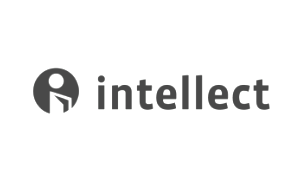The COVID-19 pandemic, which limited our social activity by locking us in our homes, has led to unprecedented activity in the digital sphere, not only forcing entire areas of research, culture and education to embrace the virtual, but also to look for new ways to engage and strengthen participation in this realm. With the traditional channels of participation in events closed, research as well as artistic practice and education had to find new ways to collaborate. These actors increasingly tried to build a new space for the collaborations to be immersed in and transported by. The development of new technologies has accelerated to the extent that it is difficult to keep up not only with what is new, but above all with the possibilities of their use, privacy issues, and legal implications.
This paper discusses Extended Reality (XR) projects which respond to the urgent need (too early? or too late?) to enrich the existing research and educational programs and projects, for researches and artists aspiring to connect with their peers and audiences in the digital space, developing an offer for these groups in the field of XR. Adressing the legal implications of new technologies, this paper continues the discussion on advanced jurisprudence, as outlined in Algorithms, Ethics and Justice (Hadzi, 2022), where restorative justice was proposed for the mitigation of artificial intelligence (AI) crimes. The paper proposed an alternative approach to the current legal system by looking into restorative justice for AI crimes, and how the ethics of care could be applied to artistic research investigating AI technologies. This paper will expand the notion of cyber crimes from AI crimes to extended reality (XR), given the rise of the Metaverse, and the future scenario of bio-metrical data of EEG capable headsets being misused by rogue companies and/or criminals. The paper concludes by reviewing possible international open justice scenarios for artistic researchers practicing in XR.
Adnan Hadzi is currently working as resident academic in the Department of Digital Arts, at the Faculty of Media and Knowledge Sciences, University of Malta. Hadzi has been a regular at Deckspace Media Lab, for the last decade, a period over which he has developed his research at Goldsmiths, University of London, based on his work with Deptford.TV. It is a collaborative video editing service hosted in Deckspace's racks, based on free and open source software, compiled into a unique suite of blog, cvs, film database and compositing tools. Through Deptford TV and Deckspace TV he maintains a strong profile as practice-led researcher. Directing the Deptford TV project requires an advanced knowledge of current developments in new media art practices and the moving image across different platforms. Hadzi runs regular workshops at Deckspace. Deptford.TV / Deckspace.TV is less TV more film production but has tracked the evolution of media toolkits and editing systems such as those included on the excellent PureDyne linux project.
Back







